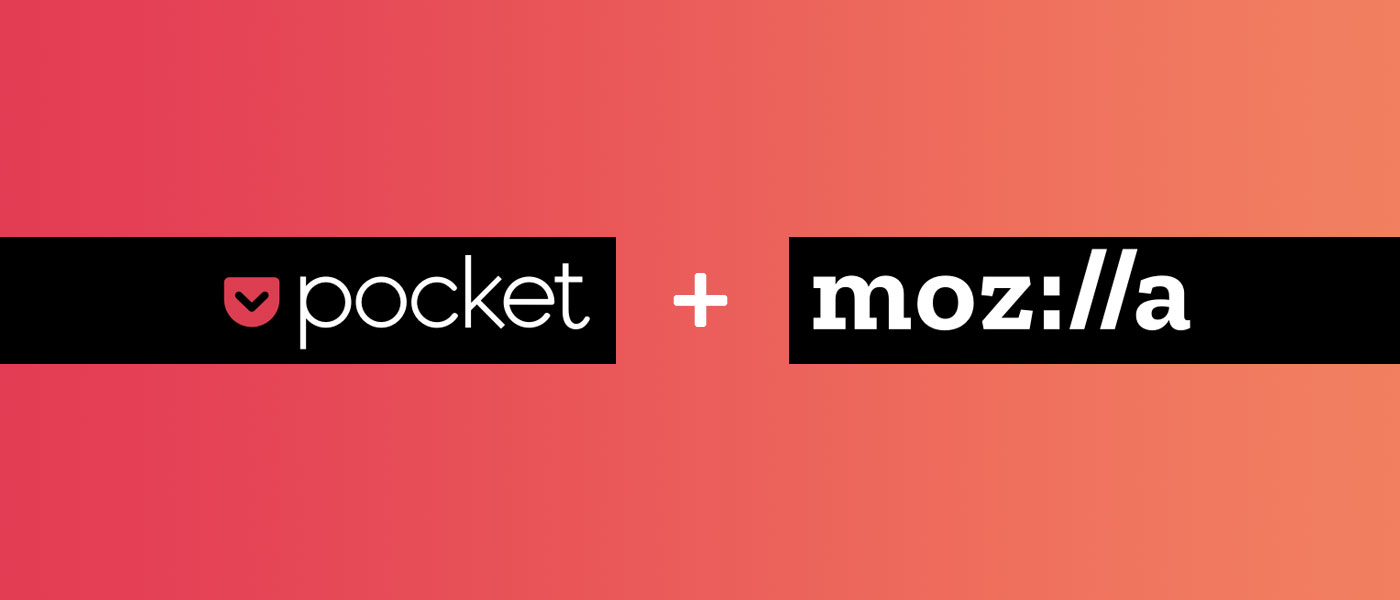Raspberry Pi is celebrating its fifth birthday with a new variant of Raspberry Pi Zero. The organization announced the Raspberry Pi Zero W with wireless LAN and Bluetooth.
Zero W aims to fix problems in the last variant by integrating more functionality into its core. It features the Cypress CYW43438 wireless chip for 802.11n wireless LAN and Bluetooth 4.0 connectivity, CSI camera connector, composite video, micro-USB power, and micro-USB on the go port.
“We imagine you’ll find all sorts of uses for Zero W,” wrote Eben Upton, founder of Raspberry Pi, in a blog post. “It makes a better general-purpose computer because you’re less likely to need a hub: If you’re using Bluetooth peripherals, you might well end up with nothing at all plugged into the USB port. And of course it’s a great platform for experimenting with IoT applications.”
New Relic updates its digital intelligence platform
New Relic wants to accelerate enterprise cloud initiatives with the latest release of New Relic Digital Intelligence Platform. The latest release features new alerting support for dynamic infrastructure, as well as expanded visibility into APM. These updates are designed to help developers monitor, manage and act on every change across the technology stack.
Other features include dynamic dashboards, company-wide dashboards, more flexibility with New Relic APM, new alerting capabilities for New Relic Infrastructure, and updates to its browser, mobile and synthetics solutions.
“As enterprises adopt the public cloud as a key component of their digital strategy, New Relic allows them to measure the health of their applications across their entire stack to give them the confidence to migrate faster and accelerate initiatives,” said Jim Gochee, chief product officer, New Relic.
Mozilla acquires Pocket
Mozilla is focusing on mobile and content discovery with its acquisition of Pocket. Pocket is a save-for-later service provider, and according to Mozilla, the acquisition will help grow its own mobile presence and provide tools to help users discover and access web content.
“We believe that the discovery and accessibility of high-quality web content is key to keeping the Internet healthy by fighting against the rising tide of centralization and walled gardens,” said Chris Beard, CEO of Mozilla. “Pocket provides people with the tools they need to engage with and share content on their own terms, independent of hardware platform or content silo for a safer, more empowered and independent online experience.”
Red Hat releases Ansible Tower3.1
Red Hat is updating its enterprise-grade, agentless automation platform to help teams better scale DevOps automation. Ansible Tower is designed to help improve productivity and reduce downtime. Ansible Tower 3.1 features multi-playbook workflows, scale-out clustering, a streamlined job details page, integration with enterprise logging providers, and new search capabilities.
“DevOps teams look to IT automation to help speed productivity and manage complex deployments,” said Tim Cramer, head of engineering for Ansible. “The new workflow functionality in Ansible Tower 3.1 takes those capabilities a step further by helping to make automation even more intuitive. With workflows, users can run separate playbooks in a dependent fashion, including the ability to run different playbooks based on the success or failure of the prior job—further reducing manual process and enabling faster time to market.”
Akamai announces new mobile performance features
Akamai is updating its services to help developers and app owners take hold of their website and mobile app experiences. The company announced the latest version of Akamai Ion, its Web Performance Solution, as well a new mobile app performance SDK.
Features of Ion include automation performance optimization, and cellular optimization. The mobile app performance SDK is designed to help developers provide custom and differentiated experiences.
“We believe this release of Ion marks the beginning of a new kind of powerful performance optimization—one that is powered by applying machine learning to real-user data,” said Ash Kulkarni, senior vice president and general manager of the Web Performance Business Unit at Akamai. “Ion customers will be able to quickly and easily take advantage of these capabilities to address the demands of mobile users.”







